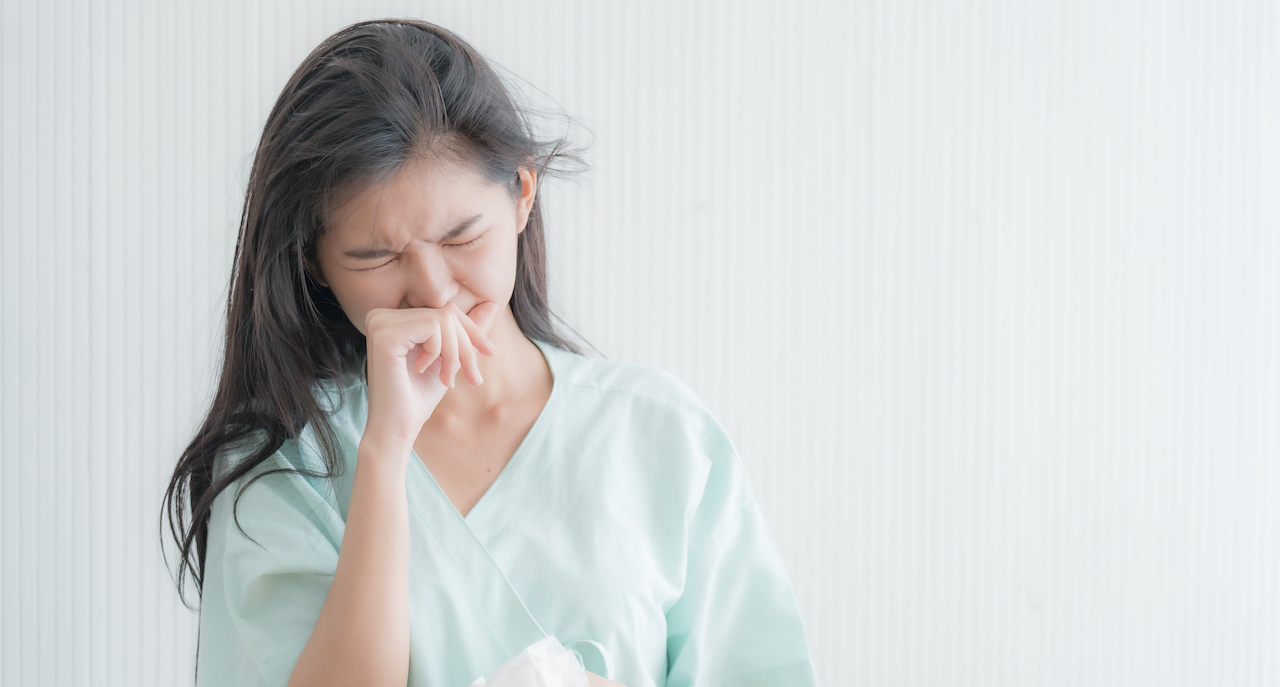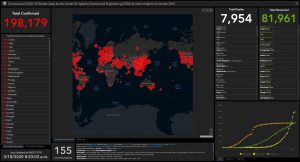Wednesday 18 March 2020

One sneeze can release 100,000 bugs (courtesy Tossatis Chongjiragal)
The crisis is picking up pace as there is barely any sector of life that is unaffected. My email Inbox continues to receive notifications from conferences, businesses, hotels, restaurants, and plenty others, that life has changed dramatically. No one has any idea when this will end. Within a fortnight, perhaps less, life in UK has changed beyond recognition, finances are dire, and any savings have been decimated. There is nowhere one can hide to avoid the problems. The pound has also fallen to its lowest level against the dollar for more than 30 years, by nearly 5% in one day.
As I walk the streets of London, I still see people behaving badly. Faces are being touched, couples are walking hand in hand, while others are openly spitting, coughing and sneezing. If you happen to be unhygienically inclined, understand that a human sneeze comes out at 100 miles per hour, can release 100,000 bugs into the air, and travels 200 feet. A cough is slower, and perhaps slightly safer, as it travels up to 50 miles per hour, releases 3000 bugs, and travels up to 20 feet. Droplets containing bugs can remain suspended in the air for up to ten minutes.
Although some are misbehaving, and shame on them for doing so, the majority are behaving as they should. The party line for the public is that the older you are the worse you will fare. That is true, but younger people can also be severely affected. Covid-19 is not a joke and should be taken seriously by all. That is certainly the strong message I have received from colleagues around the world.

Shopkeepers are at the virus frontline (courtesy JackF)
Today I went into a hardware store to buy a new battery. There were two men behind the counter, one an overweight father the other his leaner son.
“I’ll take this one, Dad,” I heard the younger man say, as I entered.
His father nodded and kept his distance, busying himself with reorganising screwdrivers on a cabinet display. The son was acting as protector, in the realisation that if anyone was to get the disease, it was better to be younger.
I see this all around, children protecting parents, sacrificing themselves for the family that has raised them. As a shopper, I worry about entering a shop at all and staying there for longer than I ought. I have become a shopping dasher. If I cannot find what I need in a few minutes, I give up and head outside to the fresh air. For shopkeepers it is different. They are there all day and have to accept the person standing on the far side of the counter. If a runny nose decides to go shopping without consideration of others, the shopkeeper is the one who suffers. No wonder the son was trying to protect his father.
Pollution levels have dropped in London, as they have in other parts of the world. This is one of the few beneficial effects of Covid-19. Nitrogen dioxide has fallen by a third in a short time and air pollution levels throughout the country are classed as low, or very low. Long may that remain, although I suspect it will not. How often has mankind said it will learn from a crisis, but when the crisis is over, nothing happens?

The waters of Venice are clearing (courtesy Andrea Pattaro_Getty) Images_CNBC)
London is now officially the worst part of the country in which to live. There are more cases of Covid-19 in the capital than anywhere in the land and we are a few weeks ahead of the rest of the country. Meanwhile Italy is having a very rough ride and my heart goes out to both my colleagues and the general population. Their deaths made another record rise of 475 in one day. Italy is now the worst affected country after China.
I saw a tragic video from Bergamo that compared two copies of a local newspaper a few weeks apart. Now, the paper is more than filled with obituaries. The comparison is frightening. I do not wish to see that in my country but suspect there is little I can do.
Spain now has 598 dead, France 175, UK 104, Belgium 14, and Germany, somehow, has only 12. The world is looking at Germany and wondering how they are doing it. One problem is that the figures from any country are hard to understand. Confirmed cases are straightforward, as a positive test means you have Covid-19. The test is fairly reliable. However, no country has any idea how many of their citizens have had the disease previously, or who actively have it but are asymptomatic. This information would be truly helpful, as it would eliminate the need for much self-isolation and allow many people to return to work earlier.
My military friends – I was once in the Army – are looking at the UK and not understanding the fuss, in particular the worry being loudly proclaimed that self-isolation is a problem. To an ex-soldier, this is not a concern. No one is shooting, there is food available, mains services function, and there are solid buildings in which one can sleep. Such things rarely apply to war zones. There is much talk of the Blitz Spirit, and yet the population appears more obsessed by a ready supply of toilet paper. I am sure the world will laugh at us once this is over.

The situation this morning – 18 March 2020 (courtesy Center for Systems Science and Engineering at Johns Hopkins University)
Self-isolation is certainly a challenge but look at the many years of hiding in cellars still being practised by the Syrian public thanks to their civil war, or the more than three years that the residents of Sarajevo remained in their tiny flats during the siege in the early 1990s. No running water, no electricity, little gas and snipers taking pot shots.
Actually, there’s a thought for the Prime Minister. If Londoners do not do what he has asked, perhaps the military might consider some target practice.
A good friend of mine, who was operational in Sarajevo for much of that conflict, said of Covid-19 self-isolation:
“I predict three certain outcomes from enforced lying on couches – a spike in the birth rate in nine months, a spike in the divorce rate, and the end of Netflix as everyone cancels their subscriptions.”
I will wager he is right.
